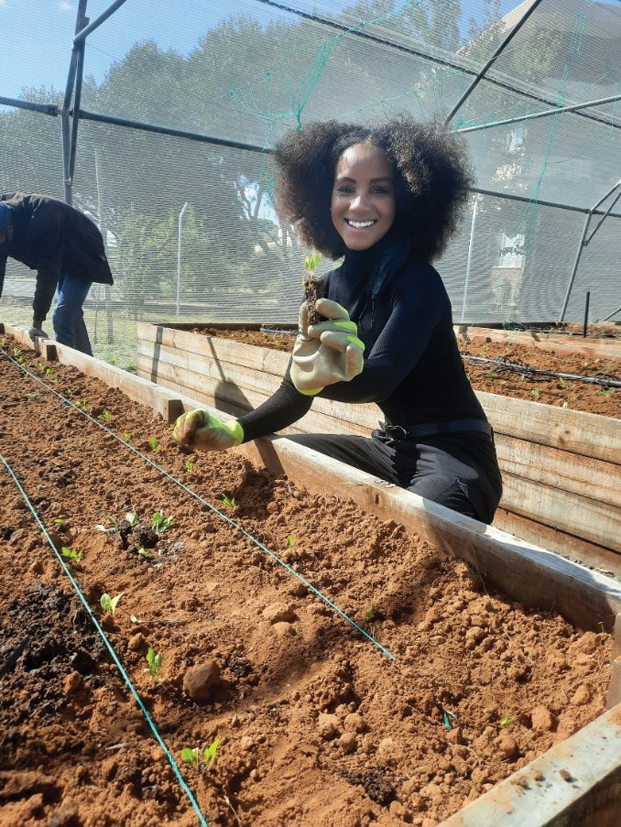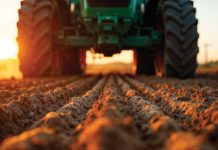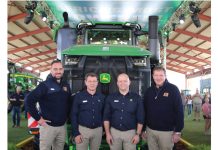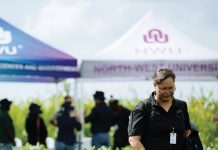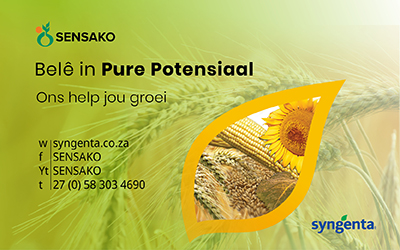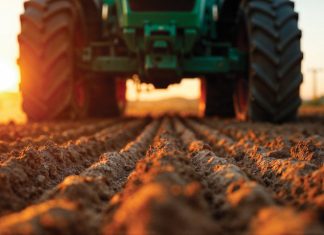Universities employ experimental farms for practical training to ensure that students experience farming first hand. In the past, most agricultural students came from farms, but nowadays many students who are interested in a career in agriculture have never been to a farm. It is therefore vital that students get exposed to all the aspects of a modern farm.
What does an ideal and modern experimental farm look like?
At the University of the Free State (UFS), experimental farms are used to give students the opportunity to experience practical aspects of the theoretical information provided in the classroom.
Gaining valuable experience
Prof Danie Vermeulen, dean at the UFS Faculty of Natural and Agricultural Sciences, believes that the whole value chain in all the different disciplines should be demonstrated on such a farm. This allows the student to be exposed to the most modern aspects of farming practices, animal husbandry, product processing as well as marketing.
An experimental farm also serves the farming community in the form of short courses and information days, as well as extension services where both the university and private sector can get involved. The university provides the cutting-edge theoretical information, while the private sector showcases the practical application of the information in industry. These short courses, where for instance the whole value chain is addressed, can open new careers or income opportunities to people on farms or in townships.
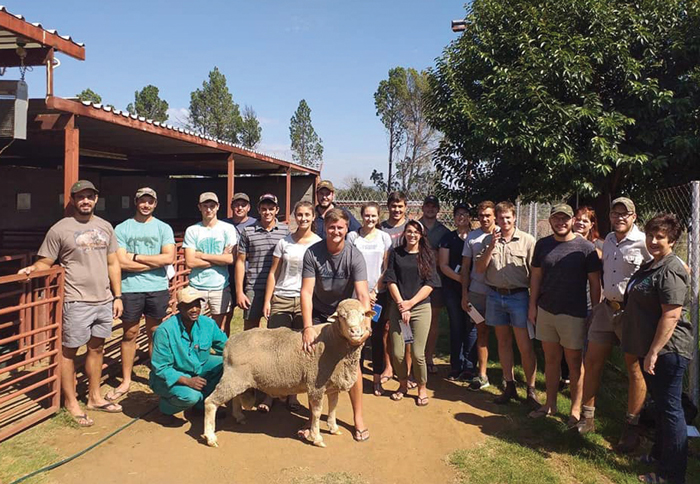
Facilitating better research
The second function of an experimental farm is research – varying from basic to cutting-edge – that can change a whole industry. To be able to achieve this, tertiary institutions need to invest in the newest technology available for their experimental farms. Unfortunately, this is an expensive exercise, and often sponsorships by the private sector are required through either sponsoring some of the equipment or trials or by being actively involved in every aspect on the farm.
Currently, the Paradys experimental farm of the UFS is being transformed into an innovation park/centre, where research and development will be conducted in partnership with industry. Research activities include individual feed-intake studies, utilising a state-of-the-art GrowSafe system for cattle, to determine the efficiency of animals. This system will be used for both beef and dairy cattle. A similar system that has just been developed by the industry, is utilised for sheep.
Research on the influence of the microbiome on the performance of cattle (both beef and dairy) and sheep, augments the genetic, nutrition, physiology and production studies already being done on the farm. Currently, industry is involved on the farm in the development of inoculants for better silage, more efficient supplements in animal feed and comparative feeding trials. With the help of the pecan nut industry, an orchard was established with all the cultivars currently available in South Africa, allowing the university to research the resistance of the different cultivars to the diseases prevalent in the industry.
How can experimental farms add value?
In line with the philosophy of exposing students to the full value chain, the UFS established both a dairy and a wool processing unit on the farm and is busy establishing a microbrewery and a cheesery that are provided with milk from the modern dairy. The brewery does not only produce beer, but also non-alcoholic products used in bio-fertiliser research.
The cheesery is involved in product development of different cheese and yogurt products with the assistance of staff from the Department of Sustainable Food Systems – the newly established, very modern sensory lab plays a big part in these processes. All these will serve as teaching units while product development will take place utilising students. This is an example of the multi-faceted disciplines that are currently entertained on the farm, and it allows the participation of a wider number of departments and faculties in the activities on the farm.
At the moment irrigation tunnels are being erected on the farm in order to study vertical farming (hydroponics) and to expand horticulture training.
Another purpose of the innovation park is to expose the public to farming activities and to educate them on the daily running of the farm. While enjoying the products from the brewery, cheesery and the wool processing unit, they can also see the animals on the farm, including beef cattle, dairy cattle, sheep, pigs and chickens.
